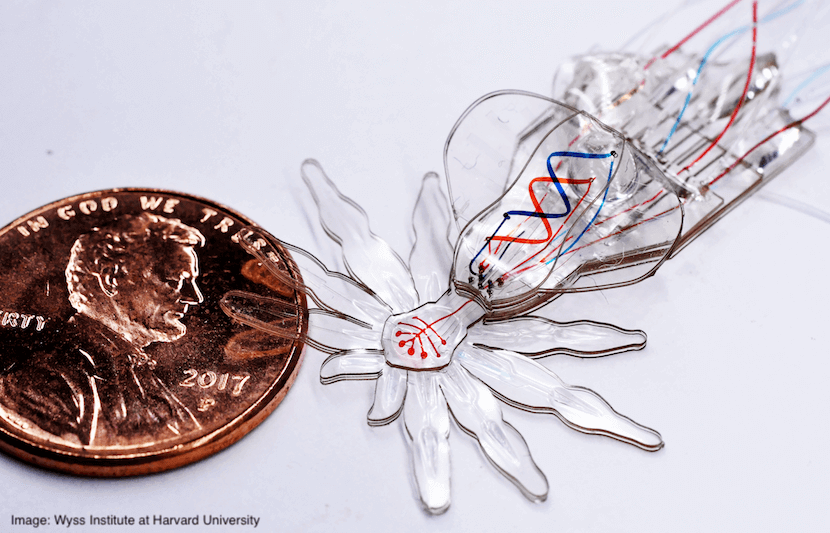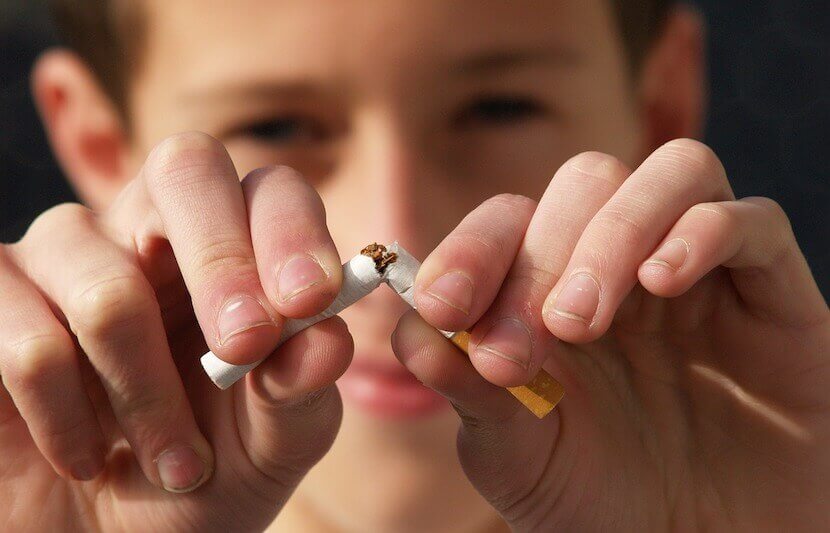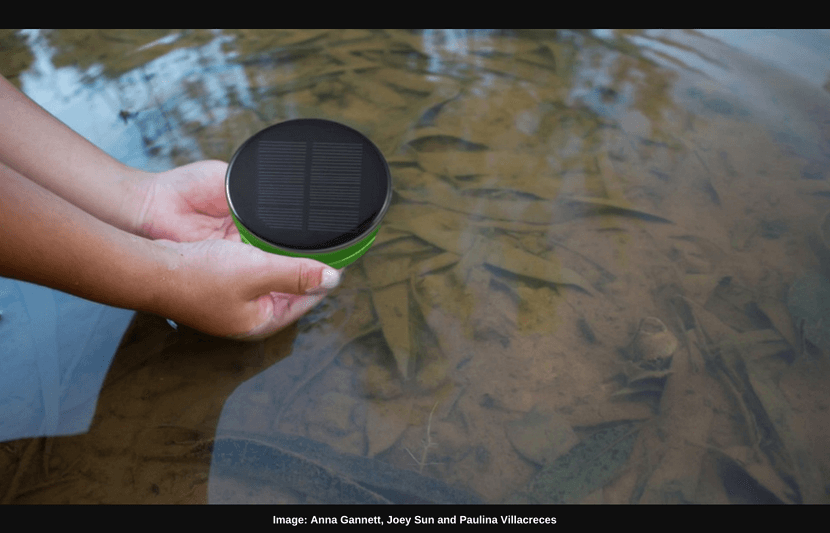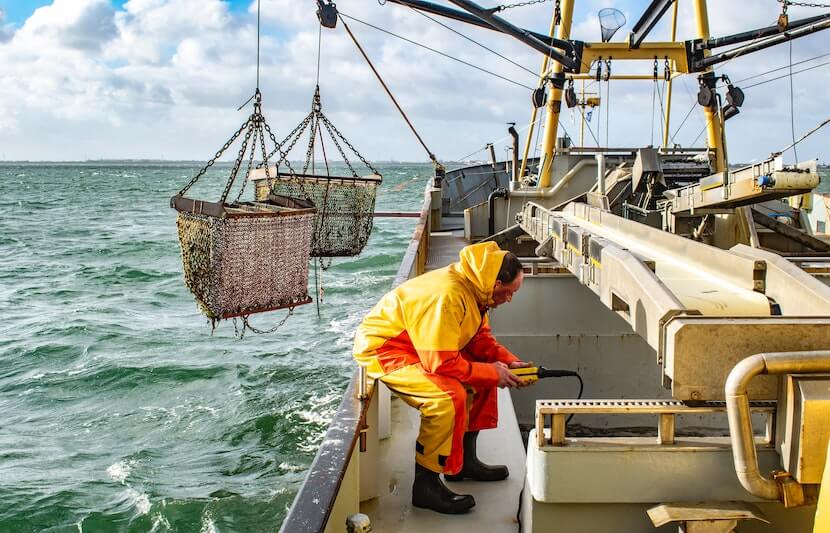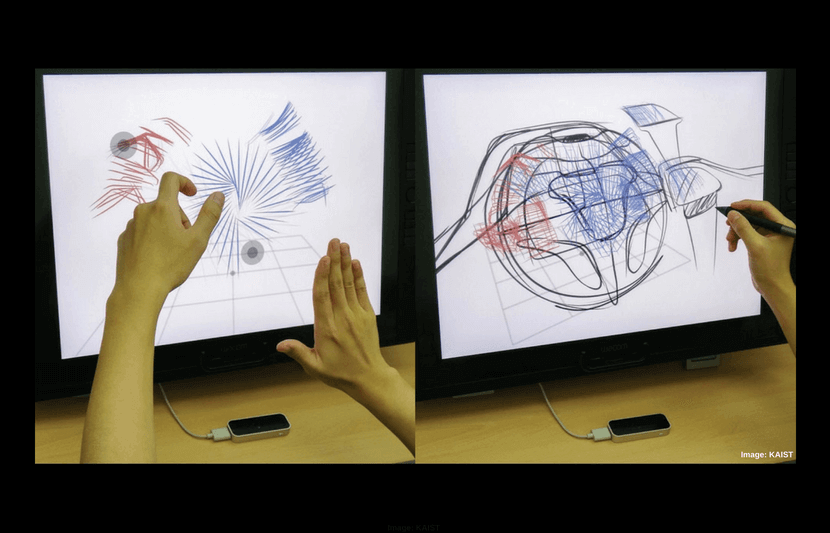-
A Game Crosses Political, Cultural Lines to Spur Climate Action
A new study shows that a simple role-playing game is all it takes to motivate complete strangers to take action on climate change despite their political affiliation, cultural identity, age or gender. By the end of the game, participants leave knowing that they are a part of the solution. The paper is published in the… Read More
-
Climate Change Forces Beloved Bird Species From Their Homes
Bird species in the cloud forests of Honduras are losing their habitats and forced to move to higher elevation because of climate change and deforestation, a new study suggests. This 10-year study signals a real possibility of extinction for some of the world’s most unique species. The paper is published in the journal Biotropica. Situated… Read More
-
How News Selection Influences Young Voters’ Political Participation
A new research shows that the way young people consume news may make a difference in the way they participate in politics. With the increasing selection of media platforms and information, news consumers are no longer limited to big media companies to learn what is happening around the world. Therefore, to secure future audience groups,… Read More
-
Why Checking Emails Outside of Work Can Hurt Your Marriage, Well-Being
Organizational expectations to monitor work emails after work hours can lower both employees and their spouses’ marital satisfaction and overall well-being, a new study suggests. The research was recently presented at the Academy of Management annual meeting held in Chicago, Illinois, and is published in the Academy of Management Best Paper Proceedings. Home, but not… Read More
-
New Method Leads to Tiny, Soft Robots for Delicate Procedures
Researchers have developed a new method to fabricate soft millimeter-scale materials, paving the way for flexible microrobots to be used in medical procedures and other hard-to-access environments. The research team, consisting of members from Harvard’s Wyss Institute for Biologically Inspired Engineering, Harvard John A. Paulson School of Engineering and Applied Sciences (SEAS), and Boston University,… Read More
-
Wearable Technology Helps Smokers Quit for Good
A team of researchers from Case Western Reserve University has developed a personalized automatic alert system to help people quit smoking, using wearable technology. It is hard to quit smoking. With most people, it only takes three tries to become addicted to nicotine, an addictive chemical in cigarettes and, according to the Center for Disease… Read More
-
New Compounds Could Make Aging a Thing of the Past
University of Exeter scientists have developed new compounds that can reverse the aging of human cells. Naturally, people age as their cells deteriorate and can no longer effectively regulate gene expression within the cells by turning genes on and off. In this process, deteriorated cells can spread their effects to other cells, often leading to… Read More
-
Nature Holds Secret to Controlling Growing Mosquito Population
Three Cornell student researchers have won a global competition with their UPod, an eco-friendly and low cost mosquito-control device that functions like a carnivorous plant. The UPod was selected as one of eight project winners — out of more than 60 teams from 16 countries that entered this year’s competition — of the Biomimicry Institute’s… Read More
-
How Forests Are Dependent on Animal and Fungus Diversity
A healthy forest needs not only diverse tree species, but also diverse animal and fungus species, a new study suggests. A team of researchers led by the German Center for Integrative Biodiversity Research (iDiv) and the Martin Luther University of Halle-Wittenberg, Germany, spent 10 years delving inside a species-rich, semi-natural forests in the subtropics of… Read More
-
Climate Change Is Depleting the Ocean of Oxygen, Killing Fisheries
History could repeat itself, warns ocean scientists. They have found an example from history of how an increase in CO2 in the earth’s atmosphere can deplete the oceans of oxygen. Researchers from the University of Toronto and the University of California, Santa Cruz, worked together in the study. Their paper is published in the journal… Read More
-
VR Helps Designers Magically Sketch 3D Models
“Bibbidi-Bobbidi-Boo” — as Cinderella’s fairy godmother sang these three words and motioned the tip of her magic wand, everything turned into what she imagined them to be. Yes, it’s magic in a film. The exact thing can’t happen in real life. But what about something like it? With virtual reality, researchers at the Korean Advanced… Read More
-
How AI Could Protect Your Next Cup of Water
A team of researchers at the University of Waterloo in Canada has developed an artificial intelligence (AI) technology to help guard our water supplies from toxins. “It’s critical to have running water, even if we have to boil it, for basic hygiene,” Monica Emelko, a professor of civil and environmental engineering at Waterloo and co-author… Read More
-
American Employers Prefer ‘Excited’ Candidates in Job Interviews
Should you be calm and collected, or animated and excited, when you show up for a job interview? This is important because how you appear to your interviewer may influence the hiring decision, according to a new study. The study suggests that only Westerners correlate excitement with a successful candidate. For the study, Jeanne Tsai,… Read More
-
Researchers Create Synthetic White Cells to Fight Disease
UCLA researchers have developed artificial T lymphocytes, or T cells that are so close to human T cells that it could one day be used to treat cancer and other autoimmune diseases. T cells are a type of white blood cell that plays a key role in fighting off specific germs. They first mature in… Read More
-
Expecting Stress May Lower Daily Brain Function
While everyone knows stress is bad, researchers have now found that simply expecting to be stressful can lower cognitive abilities throughout the day. Their paper is published in the Journals of Gerontology: Psychological Sciences. Stress and working memory Many studies have already shown how stressful events can affect not only our emotion and physiology, but… Read More






